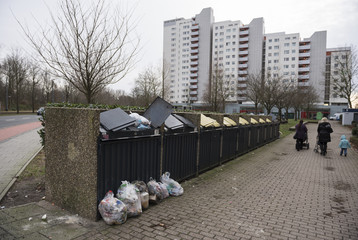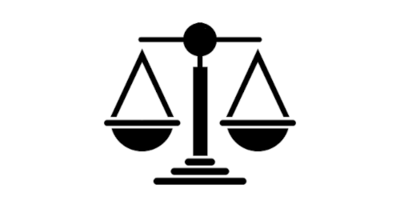Equity
Equity in the context of health and healthcare systems is a common, cross-sectional topic within the high-profile area. However, equity cannot be interpreted as a consensual term; rather, it can be assumed that highly divergent concepts of equity exist in different sectors and among the different stakeholders in healthcare (for instance, pertaining to equity of contributions, distribution and equitable access, financial equity, social equity etc.). In order to be able to put empirical findings (e.g. on social and health inequality, but also on preventive and other interventions) into perspective and draw up appropriate standards, a theoretical approach towards issues of equity in the health context is needed.
A key research focus in the high-profile area of Health Sciences is the investigation of causes of health and disease, which is a cornerstone for knowledge-based Public Health. In epidemiological research projects, both risk factors and salutogenic factors are analysed as influencing factors for chronic diseases such as cancer, cardiovascular diseases and diabetes, and for mental and environmental health. A particular challenge in this respect is the elucidation of the complex relation between a variety of factors at the individual level and at the contextual level with a view to identifying starting points for health promotion and disease prevention.
Research on health promotion and disease prevention is based on a broad understanding of health, which includes physical, mental and social well-being equally. Pertinent measures and activities aim at strengthening health resources and health potential, and besides individual behaviour also take structural societal factors into consideration.
Researchers in this high-profile area implement their expertise on health promotion and disease prevention, as well as evaluation among others in large-scale research networks.
Health and nursing care research focuses on the quality, resources and outcomes of and access to health care services and nursing care. The aim of researchers in this high-profile area is to make an interdisciplinary contribution towards improving health care provision. Members of the IPP, BIPS and SOCIUM conduct research on evidence-based practice, on healthcare provision and patient care under everyday conditions, as well as on education and training. They also use cross-sectional and longitudinal data to describe and explain provision and access to health care. At SOCIUM, healthcare systems researchers investigate the institutional structures of healthcare systems from a health economics and political perspective and in an international and comparative context.

Health opportunities are unevenly distributed, usually to the disadvantage of indigent and structurally vulnerable individuals or groups of people. Research work carried out in the high-profile area is concerned with health inequality relating, for instance, to migration and gender. We analyse the extent to which inequalities are unfair and unjust and what consequences public health measures have on the distribution of health opportunities, including questions concerning needs, participation and access to health care provision.

This area of research and activity focuses on issues concerning (1) the socially unequal distribution of environmental burden and resources (distributive justice); (2) socially unequal vulnerability to the adverse health effects of environmental exposure, and (3) unequal participation and realisation opportunities (procedural justice). For instance, we examine which population groups or regions are unfairly or disproportionately exposed to environmental burden such as air pollution or the effects of climate change, and what social inequities there are in the participation in societal decision making processes regarding environmental policy, e.g. noise action plans.

The concept of gender equity is based on the assumption that the distribution of opportunities, resources and responsibilities among women and men or different gender groups should be such that none of the groups is disadvantaged as a result. In our research we investigate the significance that gender stereotypes, sex/gender discrimination, different power relations and different needs have in relation to health inequalities. From an intersectional perspective, we analyse the interaction between sex/gender and other factors of social inequality in terms of the constitution of societal power structures and health equity.

Access to health care services is a central prerequisite for maintaining or improving one’s health or avoiding its deterioration in good time. However, opportunities to gain access to health care are unequally distributed, and discriminatory treatment can be identified both at the level of concrete interaction and at institutional level. Researchers in the High Profile Area of Health Sciences look at practices of unequal treatment and institutional mechanisms of exclusion and develop and evaluate concepts for improving equal access for different target groups.
Projects and cooperations with a special focus on equity
AEQUIPA – Physical activity and health equity: Primary prevention for healthy ageing
(Consortium project funded by the Federal Ministry of Education and Research, 2015-2021, participating institutions: BIPS, IPP, SOCIUM, Jacobs University Bremen, TU Chemnitz, OFFIS Institute for Information Technology Oldenburg, Jade University of Applied Sciences Wilhelmshaven, Oldenburg University Clinic, TU Dortmund, Gesundheitswirtschaft Nordwest e.V.(Healthcare Management Nordwest e.V.))
MVP-STAT - Needs-Based Provision of Medical Care to Nursing Home Residents
(Innofonds, 2017-2020, cooperation project of SOCIUM, IPP, KKSB, WIdO)
Information on other ongoing projects can be found on the websites of the participating institutes.





